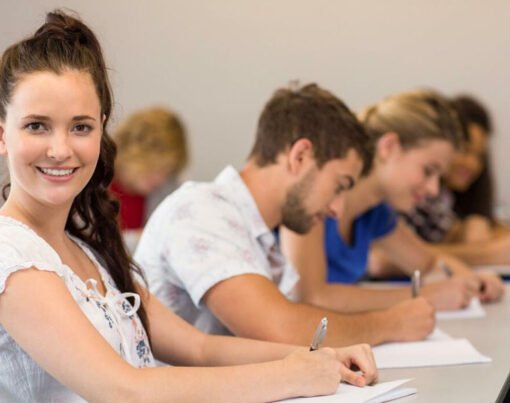Early childhood is an exciting time. Your child’s brain and body are growing and changing with the acquisition of new knowledge and skills. Before you know it, your child will be going to school!
Before that happens, however, an early learning program can help your child develop essential skills in preparation for primary school.
Table of Contents
Emotional Development
Small children have big emotions, and one of the goals of early childhood learning is to give them the tools to manage emotions healthily. In early learning, children gain vocabulary to explain how they are feeling. They learn how to articulate feelings of anger, sadness and worry and how to cope with them.
Social Skills
Early child care provides a place for children to interact, develop social skills, and form relationships with adults and peers. Many children form lifelong friendships during early childhood.
While learning to express and regulate their own emotions, children also begin learning that other people have emotions too, and empathy begins to develop. Your child will learn how his or her actions affect others, how to treat others with respect and how to follow rules.
Children also begin learning about teamwork. They practise handling conflicts and taking turns. Your child will begin to play with other children rather than alongside them.
Curiosity and Imagination
Early learning encourages children to love and seek out knowledge. It teaches children basic cognitive skills they will use throughout their lives, such as memorising information, solving problems and drawing connections between things they have learned.
Pretend play is encouraged in early learning. By the time children reach primary school age, they have usually begun engaging in sociodramatic play, an advanced type of pretend play in which children assume roles and act out imagined scenarios together. This kind of play not only expands children’s imaginations but also helps them practise social skills and develop empathy.
Movement and Motor Skills
During early childhood, children learn the fine motor skills that will eventually lead to writing, such as holding a pencil or crayon. They also learn how to use other tools, such as scissors. Through a combination of structured activities and free play, your child’s fine and gross motor skills, balance and coordination will improve.
During this time, children also practise sitting still and listening. Many children find this challenging, especially at first. Fortunately, a good early learning program includes plenty of time for children to move and play in between periods of sitting and listening.
Knowledge
A significant portion of early learning is dedicated to the academic skills that will prepare your child for primary school.
Literacy and Language
Children learn to recognise and write their names during early learning. Some children begin to develop reading skills during this time, although it is perfectly normal for reading to come later. Even before your child knows how to read, he or she will likely understand the purpose of books and be able to follow along with a story read by someone else, as well as retell short stories from memory.
Mathematics
Child learn math through early child care, where they are introduced to fundamental mathematical concepts. Children begin by learning to count and later develop the ability to recognise written numerals and the quantities they represent. Your child should also begin learning to put together simple puzzles and recognise patterns and shapes during this time.
Science
Your child’s early learning experiences should instil curiosity about the world. In early childhood, children are taught basic scientific inquiry skills, which include observing and exploring, asking questions and writing or drawing what they see.
Growth and development happen rapidly in early childhood. Early childhood learning programs help ensure that children are prepared when it’s time for them to begin primary school.










